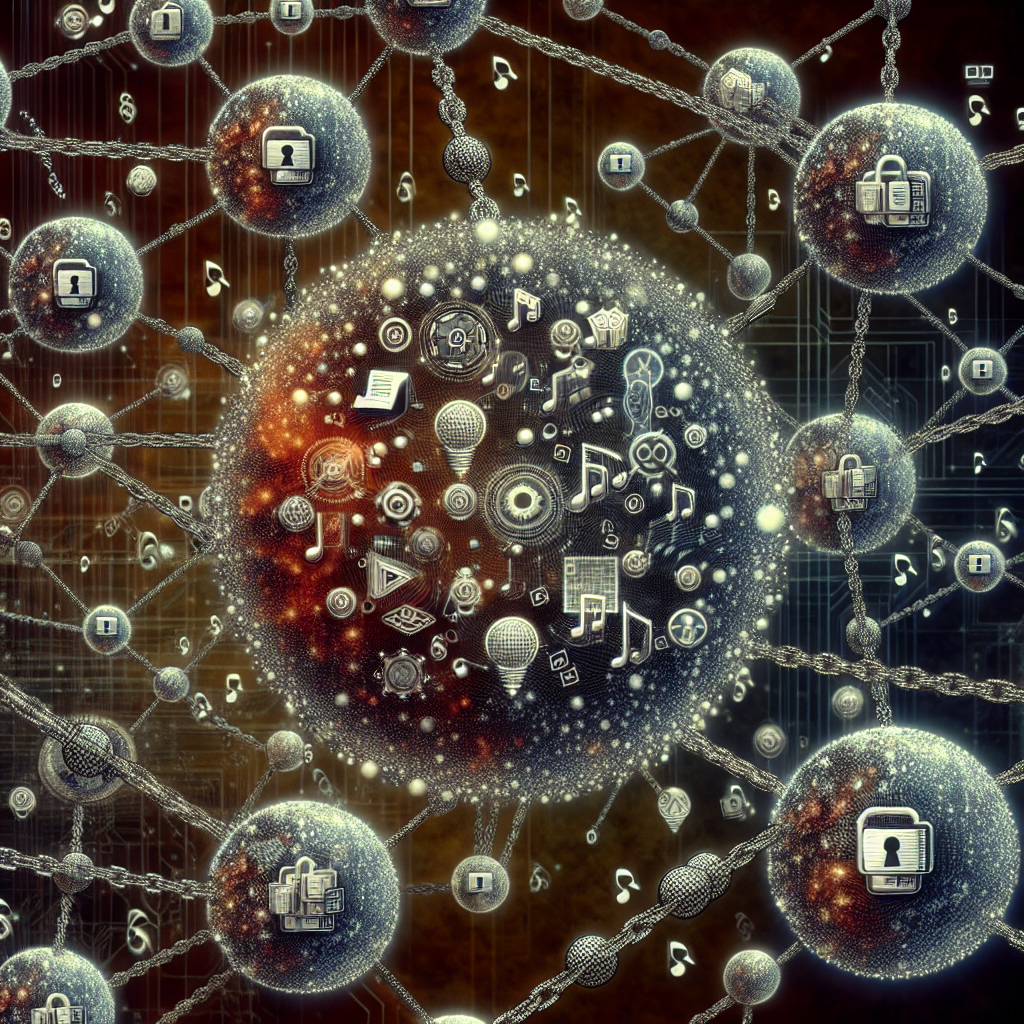The Role of Smart Contracts in Revolutionizing the Legal Sector
Smart contracts are self-executing contracts with the terms of the agreement directly written into code. They operate on blockchain technology, which ensures security, transparency, and immutability. In this article, we will explore how smart contracts are transforming the legal sector, the challenges they face, and possible solutions to those challenges.
What Are Smart Contracts?
To understand the impact of smart contracts, it’s essential to know a few key terms:
- Blockchain: A decentralized digital ledger that records transactions across many computers. Blockchain technology provides a secure and transparent way to record information.
- Decentralization: This means that no single entity controls the entire database, making the system more secure against fraud.
- Immutability: Once a transaction is recorded on the blockchain, it cannot be altered or deleted. This ensures trust in the information provided.
- Execution: This refers to the automatic execution of the terms of the contract when predefined conditions are met.
How Smart Contracts Work
Smart contracts operate on the principles of ‘if-then’ statements. For example, if person A pays amount X, then person B will deliver a service or product Y. Here’s a simple flow:
- Agreement is coded into a smart contract.
- Conditions are established for execution.
- Once the conditions are met, the smart contract automatically executes the terms.
As noted by an industry expert, “Smart contracts will revolutionize many sectors, offering faster transactions and removing the need for intermediaries”.
Benefits of Smart Contracts in the Legal Sector
Smart contracts offer numerous advantages to the legal field:
- Efficiency: Reduced time for contract execution.
- Cost-effectiveness: Lower transaction costs by eliminating intermediaries.
- Transparency: All parties have access to the same information, reducing disputes.
- Security: The use of cryptographic principles makes them secure and minimizes the risk of fraud.
Challenges Faced by Smart Contracts
While smart contracts hold significant promise, they are not without challenges:
- Legal Recognition: Many jurisdictions have not yet recognized smart contracts as legally binding.
- Technical Complexity: Writing a smart contract requires programming knowledge, making it less accessible to non-tech individuals.
- Dispute Resolution: In the event of a dispute, there must be mechanisms for resolution since smart contracts cannot intuitively understand legal nuances.
Solutions to These Challenges
Addressing these challenges requires collective efforts and innovative solutions:
Top 10 Innovations in Legal Tech Transforming the Industry
- Legal Framework Development: Governments and legal bodies need to create regulations that recognize and enforce smart contracts.
- User-Friendly Platforms: Developing platforms that allow non-programmers to create smart contracts easily.
- Dispute Resolution Mechanisms: Incorporating arbitration clauses or using decentralized arbitration systems to handle potential conflicts.
“Smart contracts can save legal professionals from paperwork and create a more efficient workflow.”
Future of Smart Contracts in the Legal Sector
As the legal sector starts embracing technology, the role of smart contracts will likely expand. The potential for increased efficiency and reduced costs can appeal to lawyers and clients alike. As stated by a legal technology analyst, “The future of law will increasingly incorporate technology, and smart contracts are at the forefront of this shift.”
Conclusion: The Path Forward
The integration of smart contracts into the legal sector presents both challenges and opportunities. Continued dialogue between legal experts, technologists, and regulators is essential in navigating this revolutionary landscape. By addressing the hurdles and leveraging the benefits, the legal field can transform, making legal processes more accessible and efficient for everyone.



